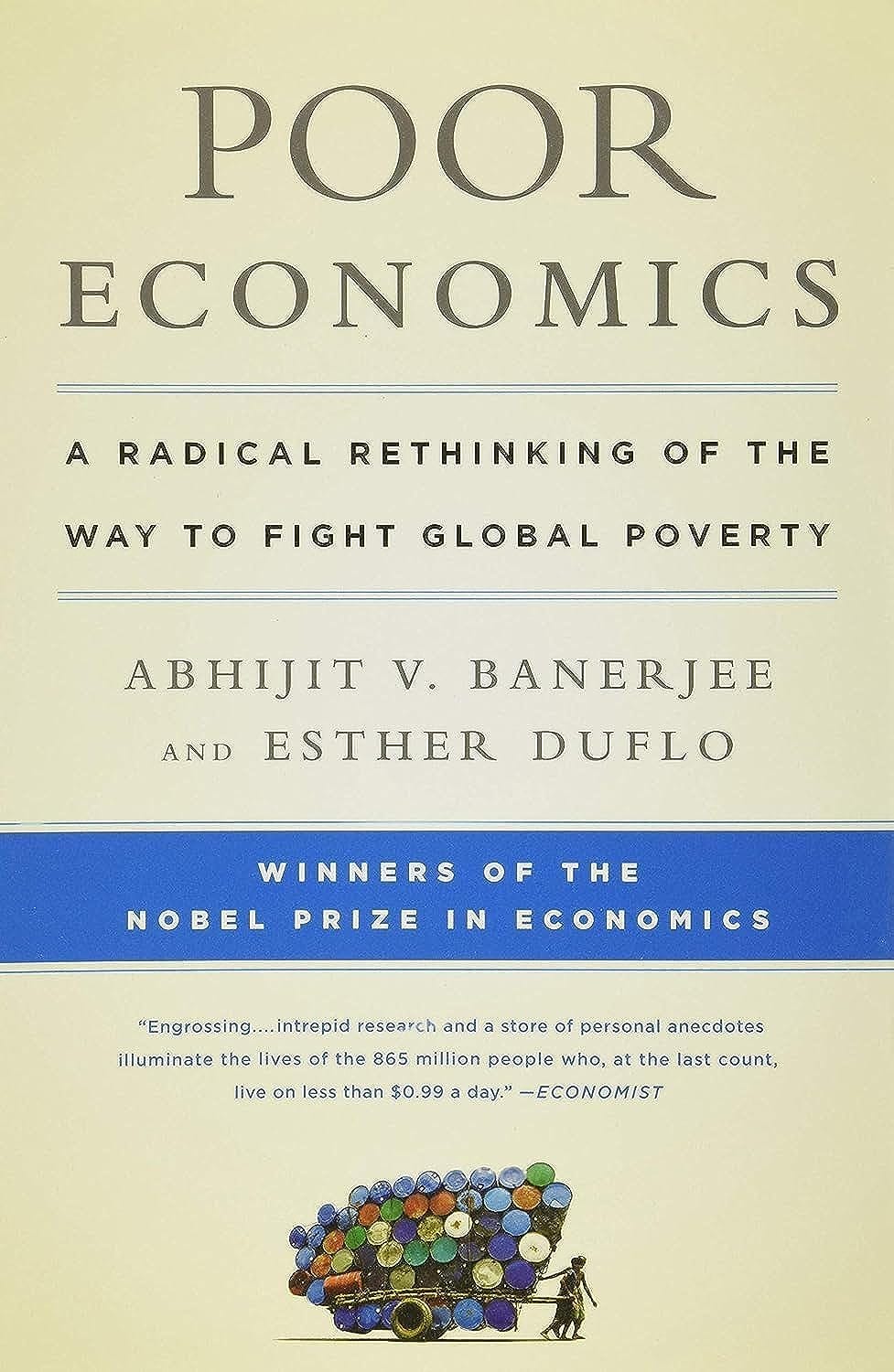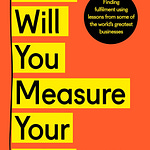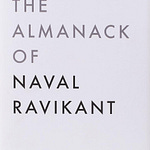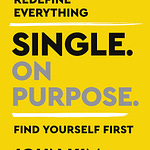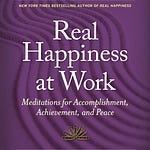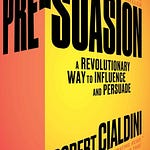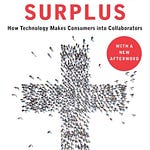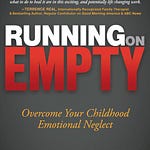Introduction
Did you know that in 2009, the number of hungry people in the world reached 1 billion, the highest level in history? After conducting scientific research, the author found some unique phenomena among impoverished individuals: Why do they buy TVs even if they can't get enough to eat? Why don't their children like to study even after going to school? Why do they spend their own money to buy medicine instead of enjoying free healthcare?
This book, written by the winner of the 2019 Nobel Prize in Economics, analyzes the roots of poverty from the perspectives of the poor's daily life, education, health, entrepreneurship, and aid. It provides specific and feasible suggestions and reflects on some popular views about poverty. At the same time, the book's analysis of the thought process behind the "poverty trap" makes people reflect on their lifestyles. Whether you are an ordinary person, a public welfare worker, or a philanthropist, this book is worth reading.
What You'll Learn:
Analyze the nature of poverty in depth
Understand the development problems of the world's poor population today
Use economic thinking to escape the "poverty trap"
Listen to this episode with a 7-day free trial
Subscribe to ReadVault to listen to this post and get 7 days of free access to the full post archives.




